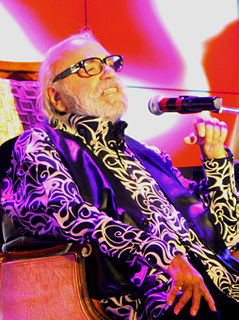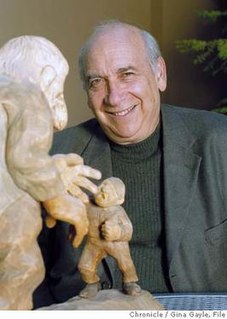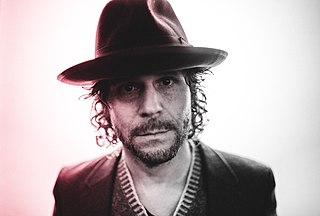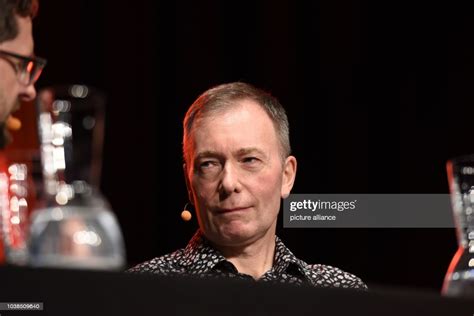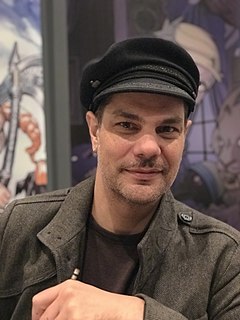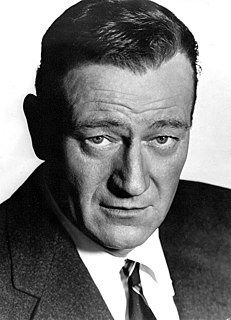A Quote by Demis Roussos
I am basically a folk singer because I'm coming from a part of the earth where folklore means a lot. The Mediterranean is a very old part of the world, and the more a place is old, the more there is folklore.
Related Quotes
Common sense is not something rigid and stationary, but is in continuous transformation, becoming enriched with scientific notions and philosophical opinions that have entered into common circulation. 'Common sense' is the folklore of philosophy and always stands midway between folklore proper (folklore as it is normally understood) and the philosophy, science, and economics of the scientists. Common sense creates the folklore of the future, a relatively rigidified phase of popular knowledge in a given time and place.
Now any person who plays an acoustic guitar standing up on stage with a microphone is a folk singer. Some grandmother with a baby in her arms singing a 500-year-old song, well, she's not a folk singer, she's not on stage with a guitar and a microphone. No, she's just an old grandmother singing an old song. The term "folk singer" has gotten warped.
I think airports are places of huge human drama. The more I see of it, the more I am convinced that Heathrow is a secret city, with its own history, folklore and mythology. But what has surprised me is the love the people who work there feel for the place. Everyone seems to think they are plugged into something majestic.
I am part of the sun as my eye is part of me. That I am part of the earth my feet know perfectly, and my blood is part of the sea. My soul knows that I am part of the human race, my soul is an organic part of the great human race, as my spirit is part of my nation. In my own very self, I am part of my family.
Every country in the world loved the folklore of the West--the music, the dress, the excitement, everything that was associated with the opening of a new territory. It took everybody out of their own little world. The cowboy lasted a hundred years, created more songs and prose and poetry than any other folk figure. The closest thing was the Japanese samurai. Now, I wonder who'll continue it.
